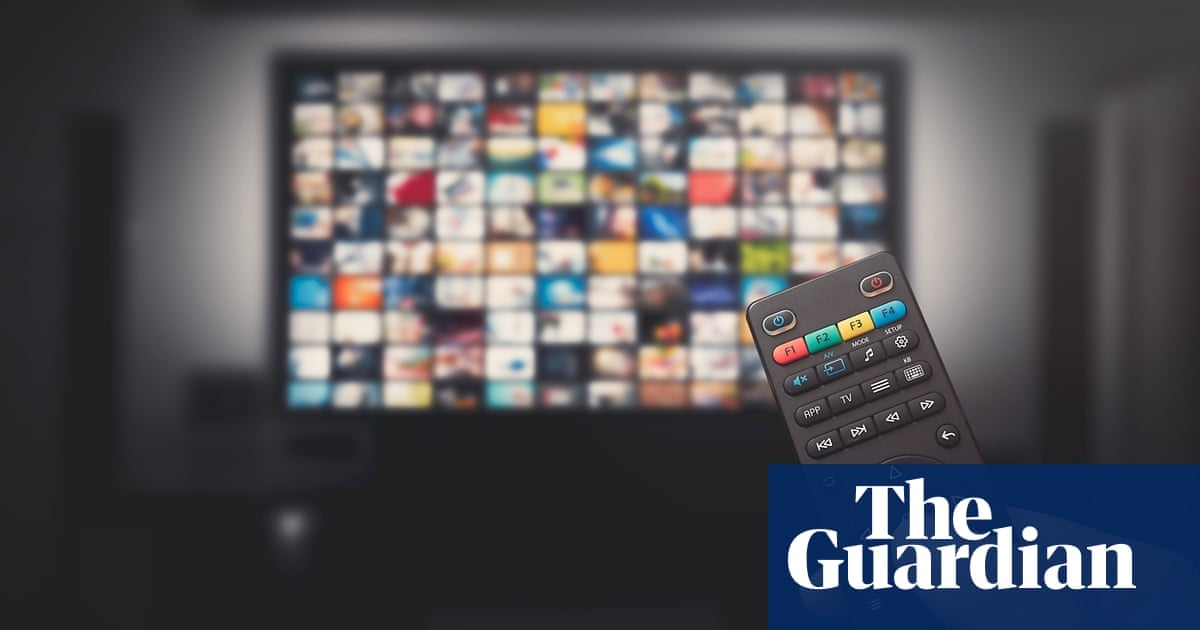*What rights do you have to the digital movies, TV shows and music you buy online? That question was on the minds of Telstra TV Box Office customers this month after the company announced it would shut down the service in June. Customers were told that unless they moved over to another service, Fetch, they would no longer be able to access the films and TV shows they had bought. *



Piracy is only illegal because we made it so. We can change that.
I think what we should do is to have better non-piracy ways of owning things instead of “making piracy legal” (what does that even mean?)
I think the more nuanced take is that we should be making “piracy” legal by expanding and protecting fair use and rights to make personal copies. There are lots of things that are called piracy now that really shouldn’t be. Making “piracy” legal still leaves plenty of room for artists to get paid.
Most people would be fine with this in the case of a home user duplicating one or two copies for his kids to watch and as backups. But we have seen whenever a rule permits something, someone will work out the MAXIMUM way in which they can abuse it for profit. Give them an inch, and they take a mile.
Ideally, we could have laws that are really finely built to be specific to that first scenario. But I honestly don’t know how you write those.
Something like this: https://www.eff.org/pages/better-way-forward-voluntary-collective-licensing-music-file-sharing
Thanks for sharing! I wish they had the date of publishing listed for this article. I get the feeling it was written 15 years ago, well before streaming music services existed. Would love to see them update this based on the latest technologies and services.
The EFF’s concept was from the Napster days, but I think this was written later on.
How do you change that without completely stripping property rights away from artists though? Not just corporate IP, but all artists?
Piracy doesn’t take money from artists, just ask Cory Doctorow, a person making their living as a writer while uploading the torrents of his novels himself.
Corporate consolidation is what kills the artists. The studios make less movies per year, so the a list actors go to television and take the roles Rob Morrow used to get.
Is it fine for a billion dollar company to ripoff smaller artists? It’s a form of piracy, so this would be allowed, too.
Here is an alternative Piped link(s):
ripoff smaller artists
Piped is a privacy-respecting open-source alternative frontend to YouTube.
I’m open-source; check me out at GitHub.
That’s the neat part: you don’t have to, because copyright was never a property right to begin with.
First, not only are ideas not property, they’re pretty much exactly the opposite of it. I’ll let Thomas Jefferson himself explain this one:
Second, a copyright isn’t a right, either; it’s a privilege. Consider the Copyright Clause: it is one of the enumerated powers of Congress, giving Congress the authority to issue temporary monopolies to creators, for the sole and express purpose “to promote the progress of science and the useful arts.” Note that that’s a power, not an obligation, and the purpose is not “because the creator is entitled to it” or anything similar to that.
Besides, think of it this way: if copyright were actually a property right, the fact that it expires would be unconstitutional under the Takings Clause of the Fifth Amendment. But it does expire, so it clearly isn’t a property right.
Also depends on the country. It isn’t everywhere. Non-commercial file-sharing is legal in a number of European countries and I’m sure elsewhere.
It could be taken as a sign of the health of the democracy’s function and technically literacy of the population. In a society of tech heads with a highly functional democracy, it would be DRM measures that would be illegal…